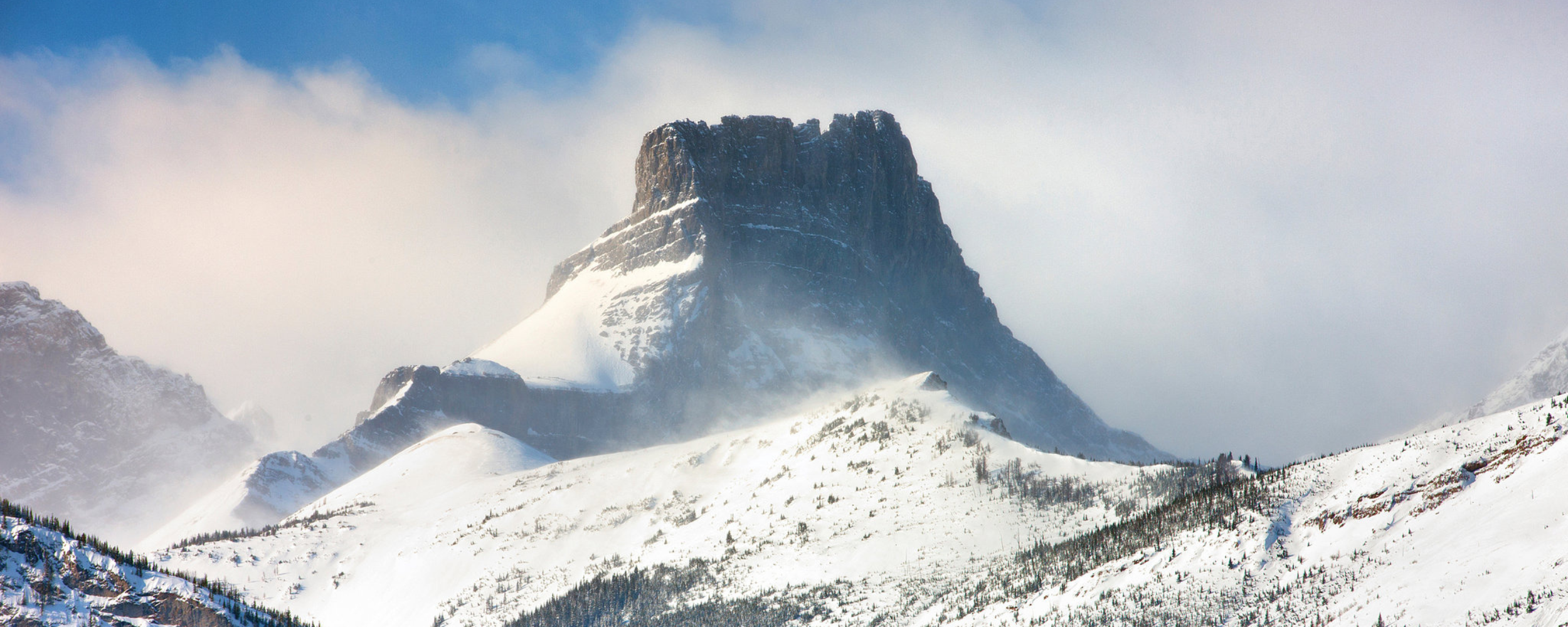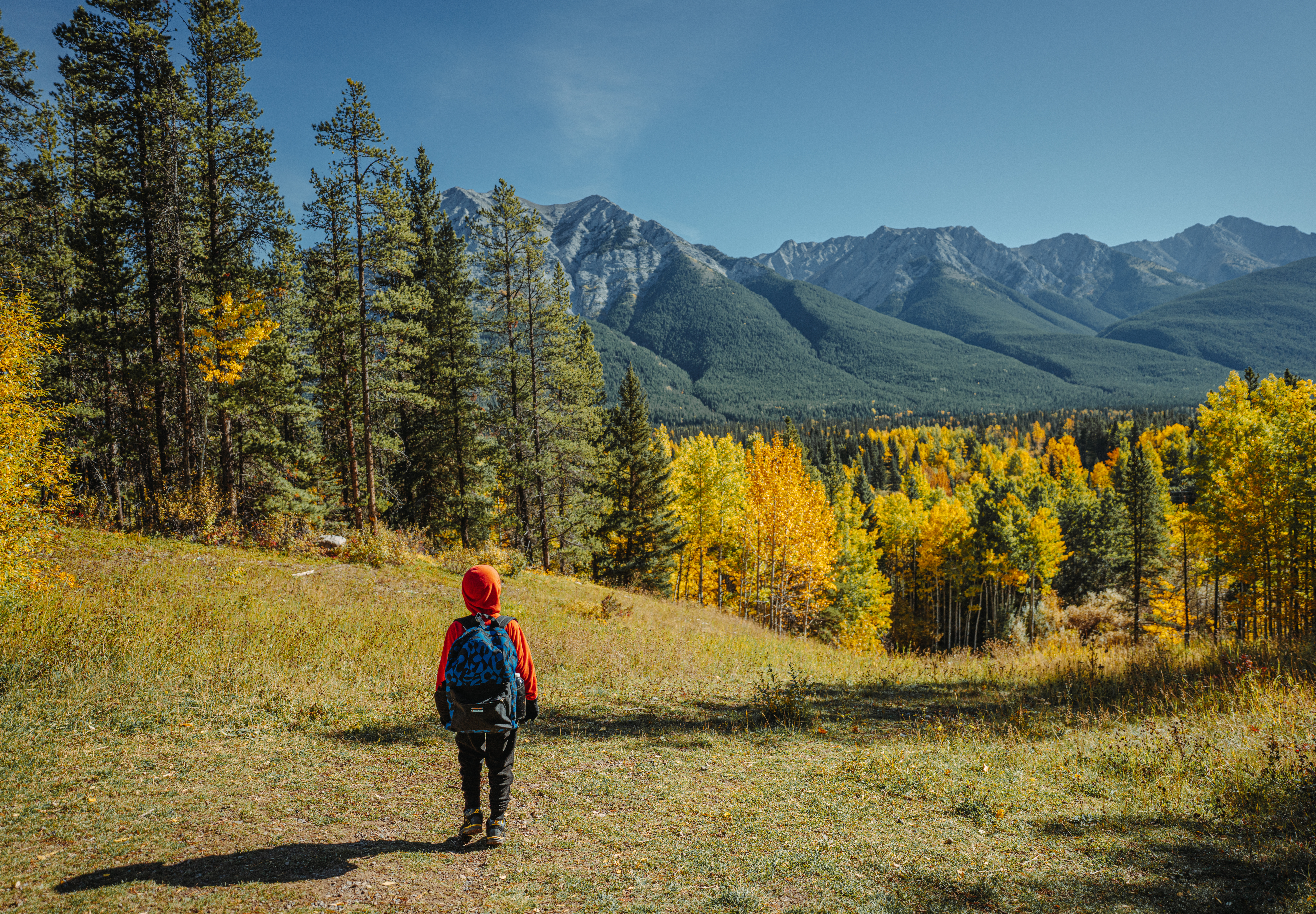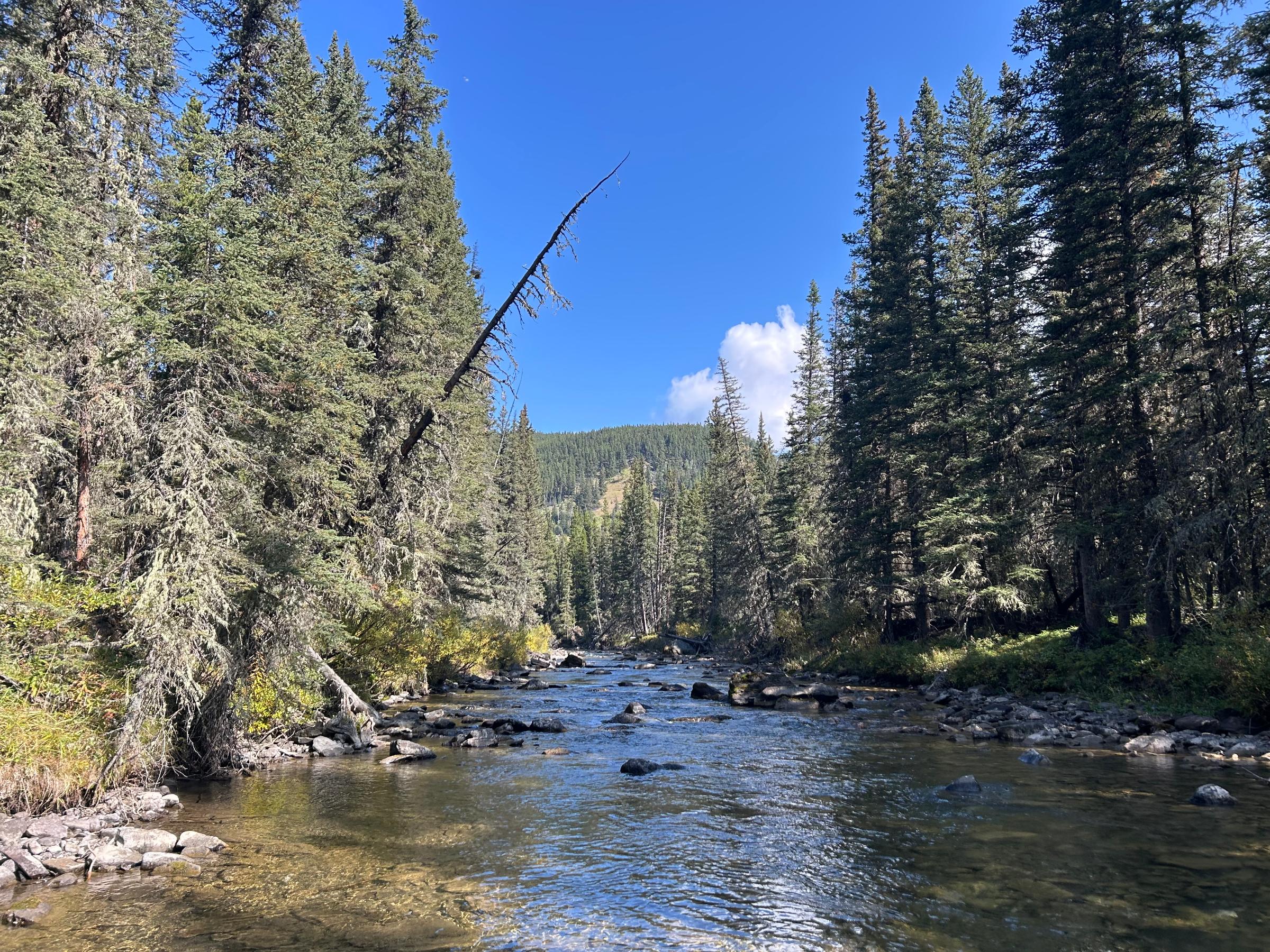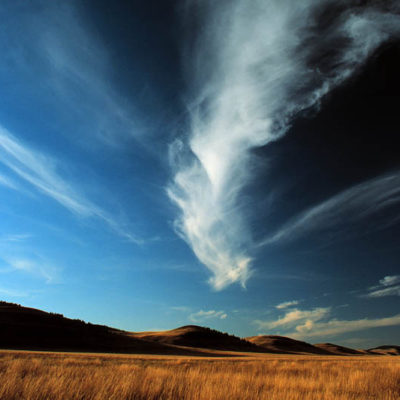The grasslands of southern Alberta may be much smaller than they once were, but for Harley Bastien they will never lose their ecological and cultural importance for the region.
Bastien has lived and worked on these landscapes for nearly 60 years, and in that time, he’s seen the full gamut of negative impacts—habitat loss and fragmentation, the resulting loss of biodiversity, and highly compromised watersheds. Relentless pressure from agriculture, oil and gas drilling, residential development, water use and recreational activities has taken a major toll on these ecosystems.
“Grasslands and the species that depend them have been greatly diminished over the years,” says Bastien, who spent 30 years drawing on his Blackfoot background and teachings, providing environmental and other consulting expertise to non-profits, governments and industry. Over that time, he has made major contributions not only to grassland conservation, but in building awareness of the need for sustainability. One of the biggest impacts on grasslands today is ever-expanding urban sprawl, he says, and all the new acreages going up. “People often treat the landscape out here the same way they do in the city,” he says, “which in most cases strips it of any ecological value.”
Although semi-retired since 2017, Bastien still finds time to run the Buffalo Rock Tipi Camp, where visitors learn about Blackfoot traditional ways and culture, and he offers his time and knowledge to anyone he believes can make a positive difference. “It’s so important to protect these grasslands,” he says, especially the forested rivers and streams that snake through them, providing habitat and shelter for fish and wildlife. “Riparian areas are like arteries for grasslands,” he says. “They’re the lifelines that make these ecosystems livable.”
Ask Bastien how Blackfoot beliefs and traditions relate to grassland protection and sustainable management, and he’ll tell you it’s quite simple. “In Blackfoot teachings, when we say ‘all my relatives,’ we’re not just talking about our cousins,” he explains. “We’re talking about everything—every blade of grass and bit of soil. In our view, everything has a spirit, and we respect and honour them all.”
Bastien says a different attitude, based on greed and a lack of respect, got us to where we are today. We’ve extracted far too much from the landscape, he says, and added excessive amounts of pesticides, herbicides and “all the other ‘ides,’” as he puts it. He says the best hope for preserving grasslands and other ecosystems, and the endangered species that depend on them, is to live in harmony with nature, and to fully understand that everything is connected. “It all comes down to respect,” he says. “That’s what Blackfoot teachings say. We need to have a spiritual connection to the land.”
When asked whether he is indeed hopeful for the future of grasslands, he says that groups like CPAWS Southern Alberta and others can make a difference. “I also believe in the next generation,” he adds. “I think they might have the spirit of the land in them.”
More News

Fortress Mountain Resort: An Amusement Park in our Wilderness

New Plan for Parks Released


